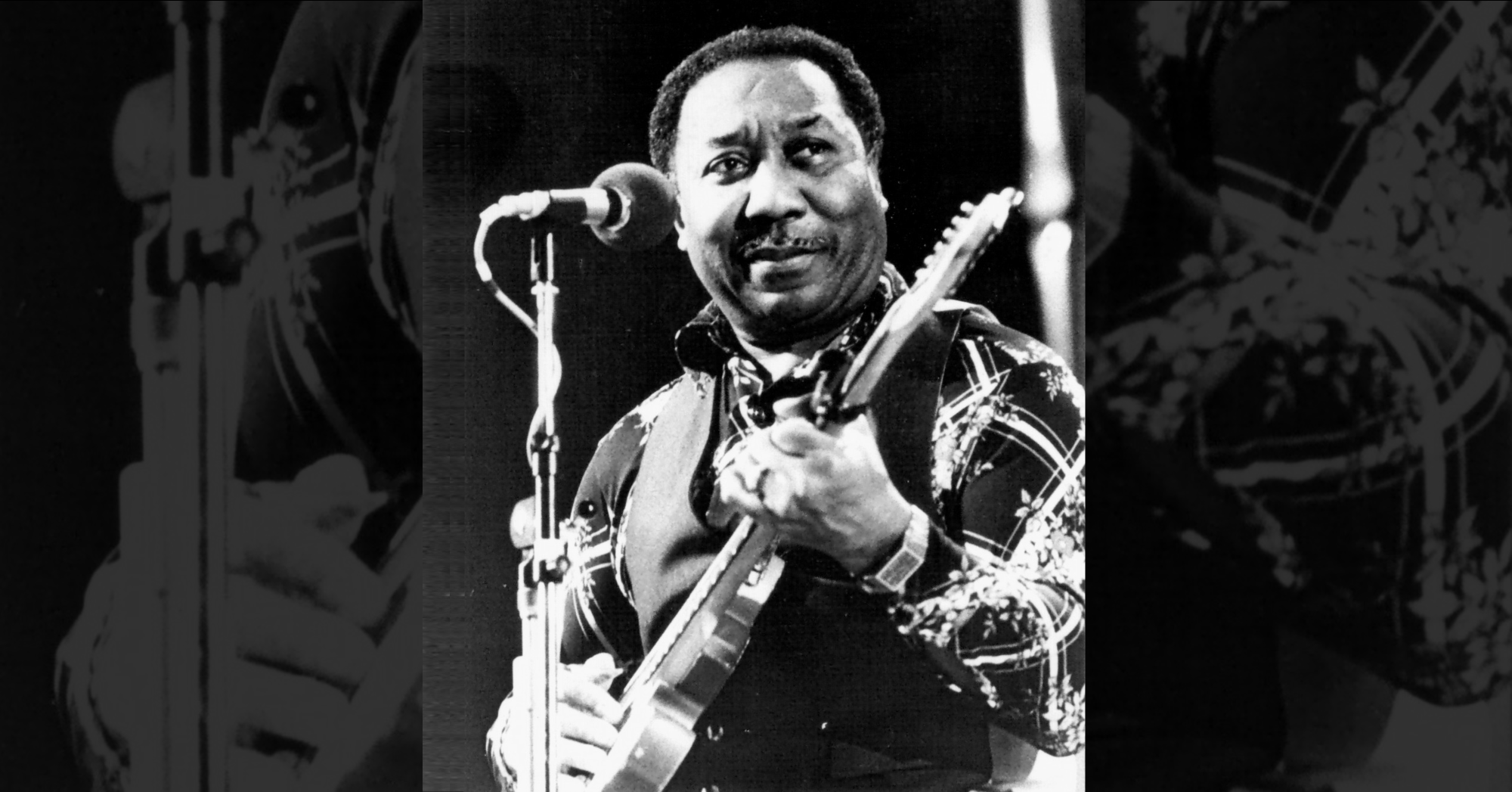Introduction
"Rollin' Stone" by Muddy Waters is a seminal track in the blues genre, recorded in the early 1950s. This song showcases Waters' profound influence on the music scene, particularly during a time when blues was a cornerstone of American music culture. As a key figure in the Chicago blues movement, Muddy Waters' work, including this track, laid the groundwork for the birth of rock and roll.
1950s Cultural Context
During the 1950s, the music industry was experiencing a seismic shift. The era was marked by the rise of rock and roll, doo-wop harmonies, and the popularity of jukebox and radio hits. "Rollin' Stone" emerged in this vibrant cultural landscape, capturing the raw, emotive power of the blues and influencing countless artists across genres.
Production & Sound
Recorded live-to-tape, "Rollin' Stone" features a minimalist arrangement that highlights Muddy Waters' deep, resonant vocals and his masterful slide guitar work. The track's haunting, repetitive riff and sparse instrumentation create a hypnotic effect, drawing listeners into its moody, introspective atmosphere. This production approach underscores the song's enduring appeal and authenticity.
Notable Cover
One of the most notable covers of "Rollin' Stone" was performed by The Rolling Stones, who took their name from this iconic track. Their version pays homage to Waters' original while introducing the song to a new generation of rock fans, further cementing its place in music history.
Modern Legacy
"Rollin' Stone" remains relevant today, not only for its historical significance but also for its timeless sound. The track's influence can be heard in the works of countless blues and rock musicians who followed. Muddy Waters' legacy continues to inspire, proving that the power of the blues transcends generations and musical boundaries.





Comments (0)